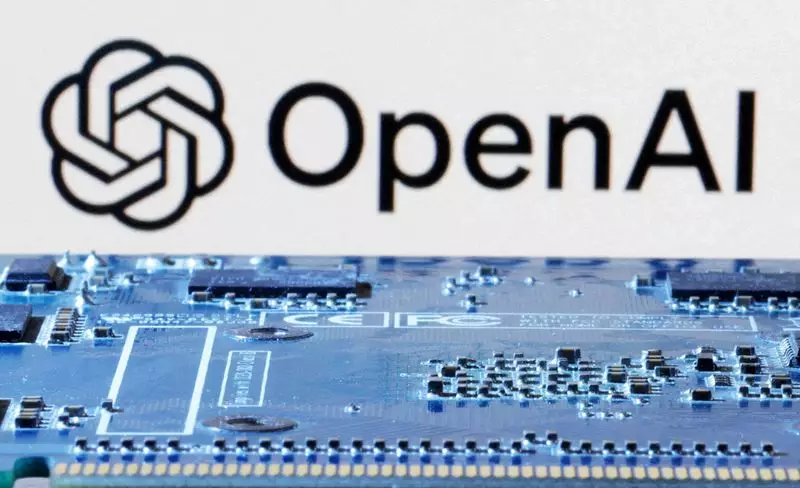A group of whistleblowers from OpenAI have taken a stand against the company’s allegedly restrictive non-disclosure agreements. According to a report from the Washington Post, the whistleblowers have filed a complaint with the U.S. Securities and Exchange Commission (SEC) calling for an investigation into the matter. They claim that OpenAI’s employment, severance, and nondisclosure agreements are overly restrictive, potentially leading to penalties for employees who raise concerns about the company.
One of the key issues raised by the whistleblowers is the requirement for employees to waive their federal rights to whistleblower compensation. This stipulation puts workers in a difficult position, as they may fear retaliation or consequences for speaking out about any potential wrongdoing within the company. The agreements also demand that employees seek permission from OpenAI before disclosing any information to federal regulators, making it challenging for individuals to report securities violations to the SEC.
The SEC, when approached for a statement on the matter, declined to confirm or deny the existence of a whistleblower submission. This non-committal response adds a layer of uncertainty to the situation, leaving the whistleblowers in a state of limbo as they await further action. OpenAI, on the other hand, has not provided any immediate response to the allegations raised in the Washington Post report, further fueling speculation and scrutiny surrounding the company’s practices.
OpenAI’s development of chatbots with generative AI capabilities has raised safety concerns within the industry, especially as AI models continue to grow in complexity and power. In response to these concerns, the company announced the formation of a Safety and Security Committee in May. This committee will be responsible for overseeing the training of OpenAI’s next artificial intelligence model, with CEO Sam Altman and other board members at the helm.
The allegations made by the OpenAI whistleblowers shed light on the potential risks and drawbacks of overly restrictive non-disclosure agreements within the company. The SEC’s response, or lack thereof, adds another layer of complexity to the situation, leaving many questions unanswered. As the debate around AI ethics and transparency continues to evolve, it is crucial for companies like OpenAI to address concerns raised by their employees and take proactive steps to ensure a safe and ethical working environment.


Leave a Reply